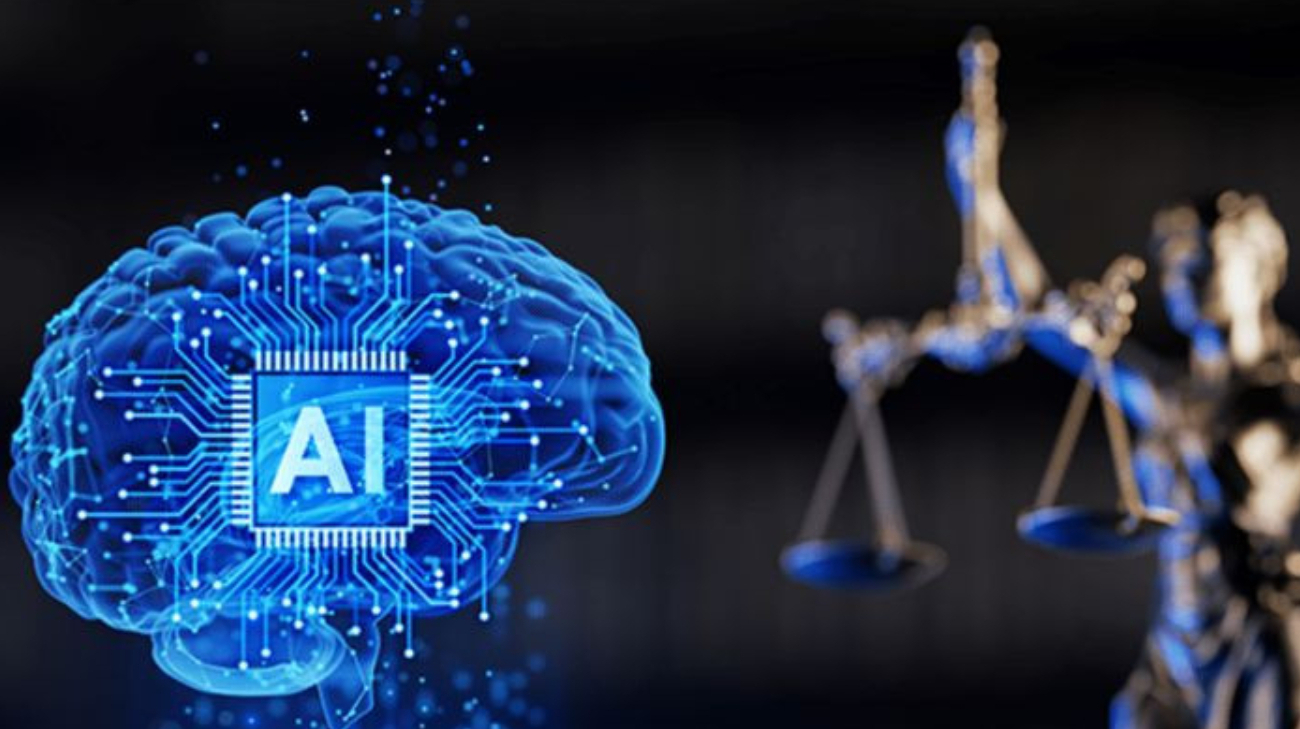“Artificial intelligence answers are not recognized as a source of reliable scientifically proven information. Source: Forensic Newspaper with reference to the decision of the Cassation Commercial Court as part of the Supreme Court of July 8, 2025 in case No. 925/496/24.”, – WRITE: www.pravda.com.ua
Source: Forensic Newspaper with reference to the decision of the Cassation Commercial Court as part of the Supreme Court of July 8, 2025 in case No. 925/496/24.
Details: According to the case file, the city council filed a lawsuit with the LLC on amendments to the land lease agreement and recalculation of rent.
Advertising:
The claim was motivated by the need to agree on the terms of the lease with the decision of the City Council.
The decision of the economic court, left unchanged by the decision of the appellate commercial court, was partially satisfied, namely the amendments to the land lease agreement was made.
The Cassation Commercial Court in the Supreme Court left unchanged the decisions of the courts of previous instance.
The KGS of the Armed Forces rejected the defendant’s reference to the fact that the court of appeal unreasonably rejected the petition for the study of electronic evidence, namely the response of two artificial intelligence – Grok (developed by XAI) and Chatgpt (developed by OPENAI) – on confirmation of the literal interpretation of subparagraph 6 23 of the contract.
The panel of judges stressed that technology should only be used to support and strengthen the rule of law. Technology can only be used to support and assist courts and judges in proper management and identify proceedings. Decision making, clearly or implicitly, should only be done by judges. This cannot be delegated or done through technology, judicial autonomy must be respected.
Instead, the participant uses the technology of artificial intelligence not as a means of promoting proper justice, but on the contrary, in order to objection (attitude, appeal) already made by the court.
The answers of artificial intelligence are not recognized as a source of reliable scientifically proven information, so the rejection of the court’s request for the study of them as evidence in the case is legitimate.
